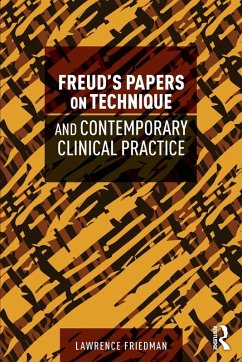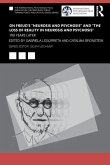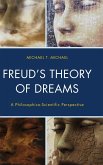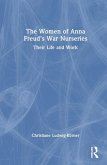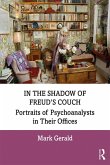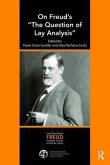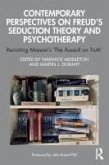Freud's Papers on Technique is usually treated as an assemblage of papers featuring a few dated rules of conduct that are either useful in some way, or merely customary, or bullying, arbitrary and presumptuous. Lawrence Friedman reveals Papers on Technique to be nothing of the sort. Freud's book, he argues, is nothing less than a single, consecutive, real-time, log of Freud's painful discovery of a unique mind-set that can be produced in patients by a certain stance of the analyst. What people refer to as "the rules", such as anonymity, neutrality and abstinence, are the lessons Freud learned from painful experience when he tried to reproduce the new, free mind-set. Friedman argues that one can see Freud making this empirical discovery gradually over the sequence of papers. He argues that we cannot understand the famous images, such the analyst-as-surgeon, or mirror, without seeing how they figure in this series of experiments. Many of the arguments in the profession turn out to be unnecessary once this is grasped. Freud's book is not a book of rules but a description of what happens if one does one thing or another; the choice is the therapist's, as is the choice to use them together to elicit the analytic experience. In the light of this understanding, Friedman discusses aspects of treatments that are guided by these principles, such as enactment, the frame, what lies beyond interpretation, the kind of tensions that are set up between analyst and patient, the question of special analytic love, the future of analytic technique, and a possible basis for defining Freudian psychoanalysis. Finally, he makes concrete suggestions for teaching the Papers on Technique. Freud's Papers on Technique and Contemporary Clinical Practice will appeal to all psychoanalysts and psychoanalytic psychotherapists concerned about the empirical basis of their customary procedures and the future of their craft.
Hinweis: Dieser Artikel kann nur an eine deutsche Lieferadresse ausgeliefert werden.
Hinweis: Dieser Artikel kann nur an eine deutsche Lieferadresse ausgeliefert werden.

